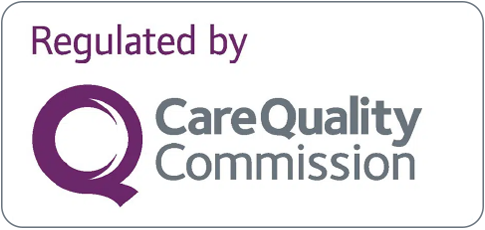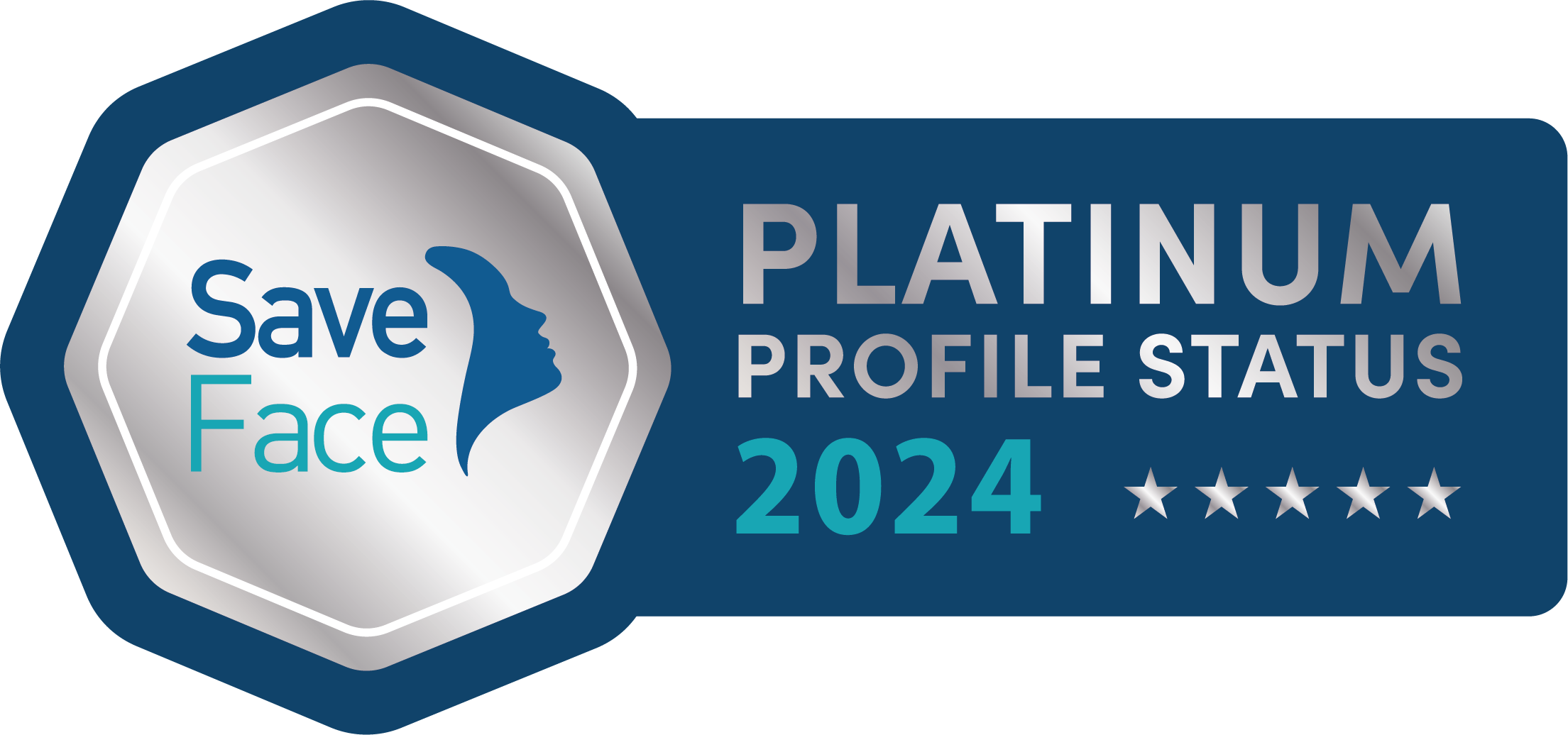Rosacea
Skin
Rosacea is one of the trickiest skin conditions to manage and can be distressing for patients.
The skin is the body’s biggest organ and the face accounts for 1-2% of this. Crucial roles include immunological defence and temperature regulation.
There is a lack of research in conditions like rosacea but our skin can be a reflection of health status and can be affected by many factors such as thyroid, menopause and anaemia. We are likely to be in good health if our skin is in good condition.
Skin has an effect on confidence and there is stigma around rosacea incorrectly linked to alcohol excess.
What is Rosacea?
5-20%
Rosacea is a common condition that effects 5-20% of the population.
There is dysregulation of the immune system, overgrowth of microorganisms and genetic factors play a part. The skin barrier doesn’t function normally in rosacea and it can be.
- Eythematotelangiectatic
- Inflammatory or ‘acne rosacea’ (not acne)
- Rhinophyma- nose or ocular-(eye)
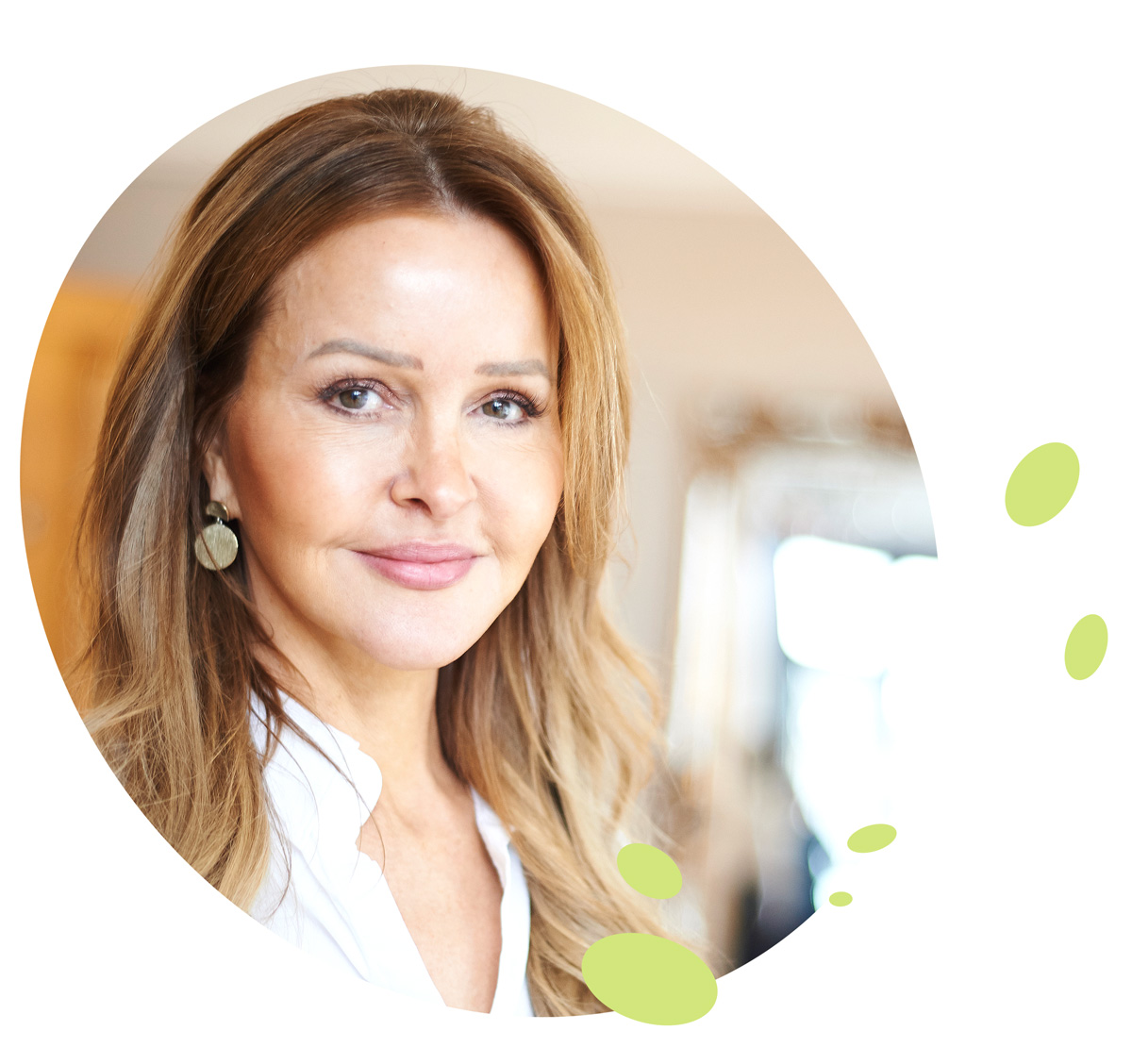
Women are affected more than men but it is not known why. It may be that women are more likely to use more skincare products and these can trigger/worsen rosacea.
Rosacea is an inflammatory skin condition with redness, spots and irritation. The skin can become permanently thickened (affecting the nose – rhinophyma). It can be mild and come and go.
Rosacea is diagnosed usually with redness and flushing that can become more permanent affecting nose and cheeks mostly. Then central forehead and chin are less commonly affected. It can be triggered by spicy food, and temperature for example.
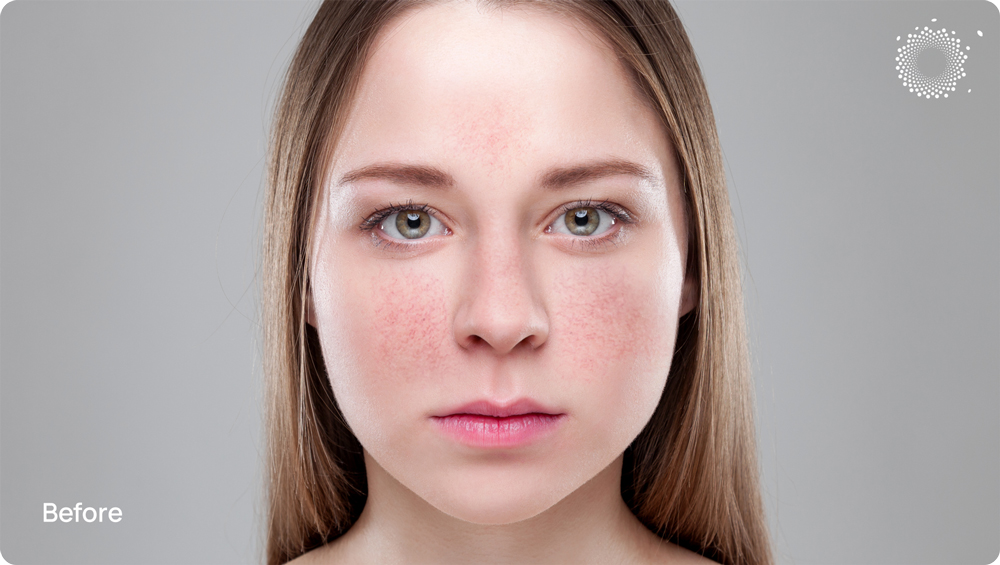
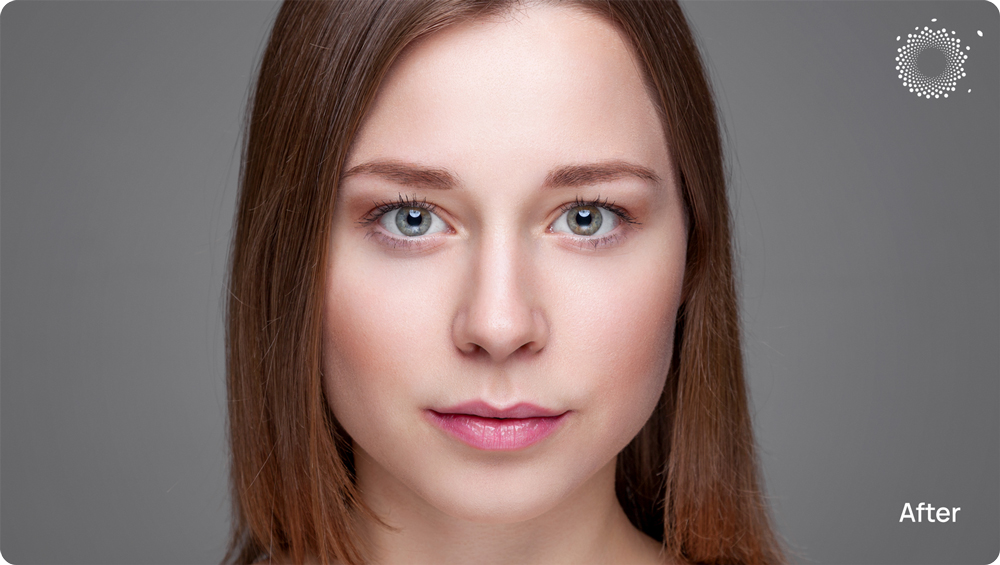
Correcting your skin care regimen is crucial to successful rosacea management
Menopause
There is no proof that hormones are involved but some women get more redness and flares cyclically with their period. Interestingly, peak diagnosis is 35y to 50y when menopause is often taking place. Rosacea ‘flushes’ are only on the face unlike the menopause flushes.
The most common trigger is the sun. UV light causes pain and burning, redness and flushing.
You may have had your skin analysed in the clinic using our Observ® skin scanner and have a new diagnosis of rosacea or you may have already known that you have rosacea. It is especially important to use the correct products and treatments for skin affected by rosacea so that the condition is not exacerbated.
We specialise in managing patients with Rosacea and this may include the following options
- Trigger identification – skin care
- Prescribed medications
- Medical Grade skin care
- Control of the skin micro biome
- Hormone management
- Laser
- Polynucleotide injection
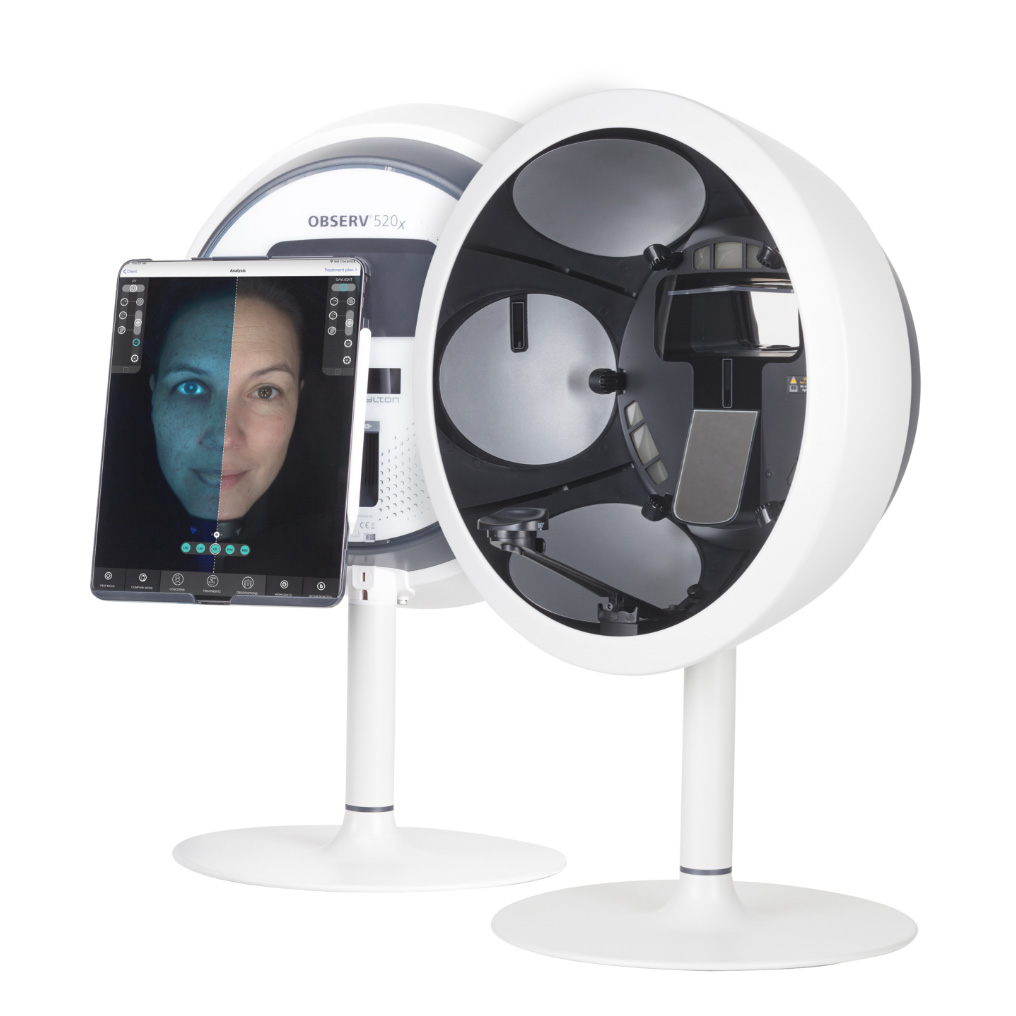
Patients Journey
Appointment Duration
60mins
Assessment
Observ® Skin Scan and full face assessment.
Outcome
Prescriptions if appropriate, medical grade skincare advice, polynucleotides.
Treatment Pricing
Depends upon management plan.
To book an appointment please use the online Booking Form
Or call us on
0800 464 7220
Consultations can be in person in Newcastle upon Tyne or online if you do not live locally or would prefer a video consultation.
If you are unsure whether this service is right for you then a free discovery call can be arranged. Please request this using the Booking Form.
To book a consultation, please use the Booking Form and select which service you would like.
If you live outside the North East we can organise a prescription to be sent to you or it can be requested from your GP. If you require blood tests, they can be taken at or close to home.



